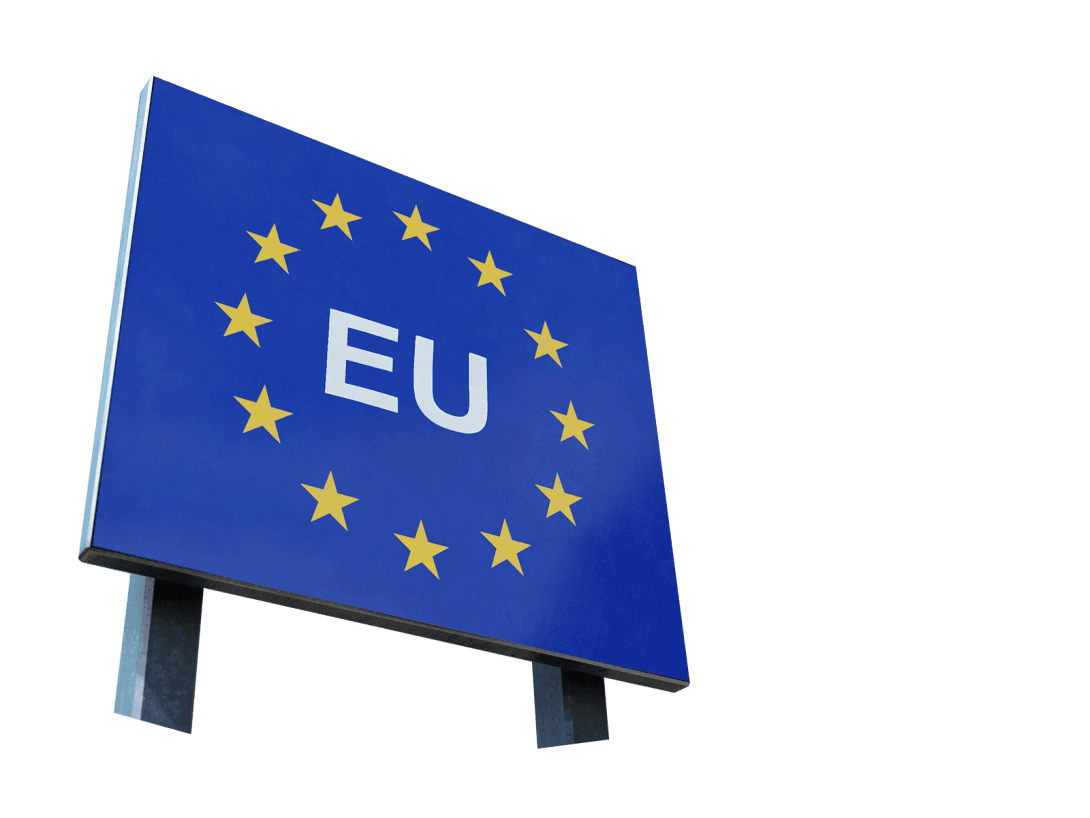The German Presidency of the Council of the European Union was shaped by the fight against the impact of the coronavirus pandemic. Not only the European recovery programme, which was set up in record time, and the EU budget deal are impressive achievements. #EU2020DE made important progress in other areas, too.
Corona Presidency
Expectations of the German Council Presidency were high. Germany, a political heavyweight with a well-prepared and experienced team, raised hopes that the EU would make substantial progress. Not only were numerous legislative proposals announced, but the negotiations on the budget and Brexit meant fundamental debates on the future shape and direction of the EU lay ahead. The coronavirus pandemic forced Germany to radically rethink its agenda, however. Top priority was given to containing the health and economic crisis. In addition, travel and contact restrictions made working processes much more difficult. At times, for example, only around a third of the scheduled Council meetings were able to take place at all.
The big issues...
Despite these totally new challenges, Germany scored some notable successes. Not only did member states agree on a new budget, including a mechanism for upholding the rule of law. They also managed to adopt a historic recovery programme which, among other things, envisages the EU raising capital on financial markets for the first time. There were successes in trade policy, too: firstly, a trade deal with the United Kingdom was reached under the German Council Presidency. And secondly, the end of the year saw the EU announce an agreement in principle with China on a comprehensive investment treaty.
...and financial market regulation
Major results were achieved in the area of financial market regulation as well. The German Council Presidency succeeded in concluding the negotiations on a capital markets recovery package. The package includes changes to the EU legal framework for securitisation, investor protection (MiFID), prospectuses and benchmarks – all with the aim of strengthening the European financial market. In addition, the debate in the Council on banking union was revived and decisions on priority measures for capital markets union were adopted. A few planned projects nevertheless had to be put on hold as a result of coronavirus. Issues such as sustainable finance and combating money laundering will now be tackled in the new year under the Portuguese Presidency. Implementation of the Basel banking standards was also postponed. Premature implementation would drain banks of important resources that are more urgently needed for the economic recovery.
“Time to deliver”
The Presidency achieved respectable results. The Germans managed to breathe life into their motto “Together. Making Europe strong again.” Portugal, which has now taken over the Presidency, can build on the successful crisis management and progress made in recent months. The Portuguese motto is: “Time to deliver: a fair, green and digital recovery.” Much remains to be done – including in the field of EU financial regulation.

